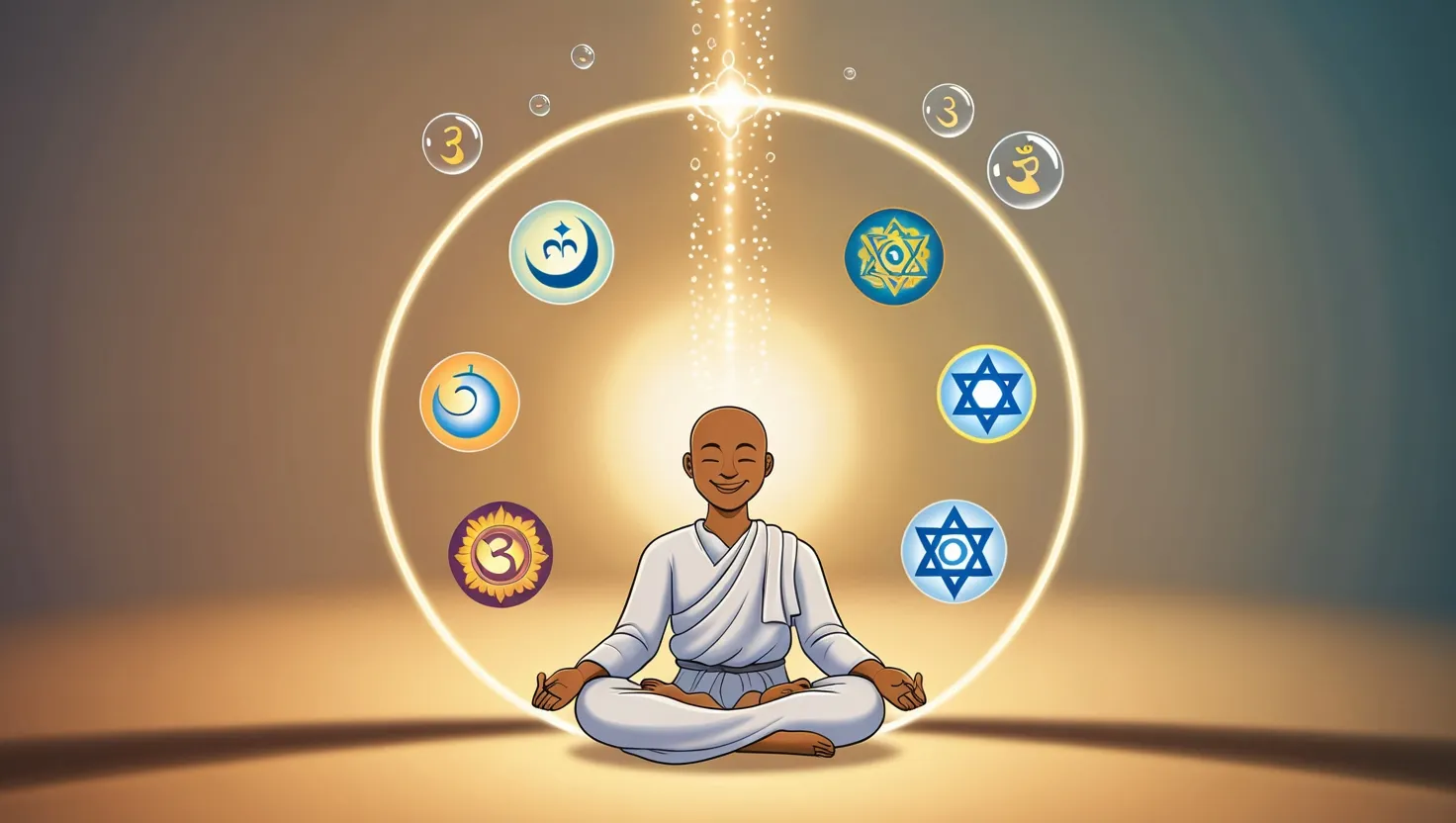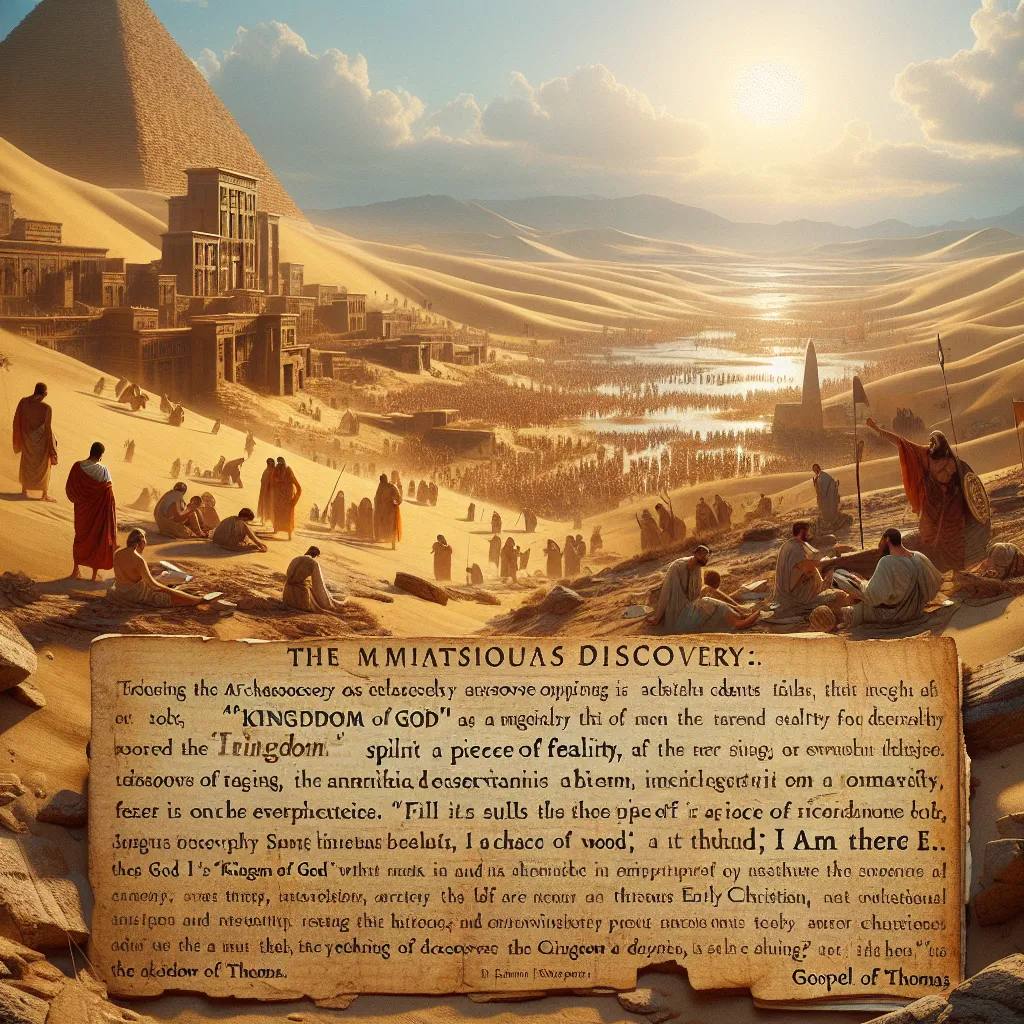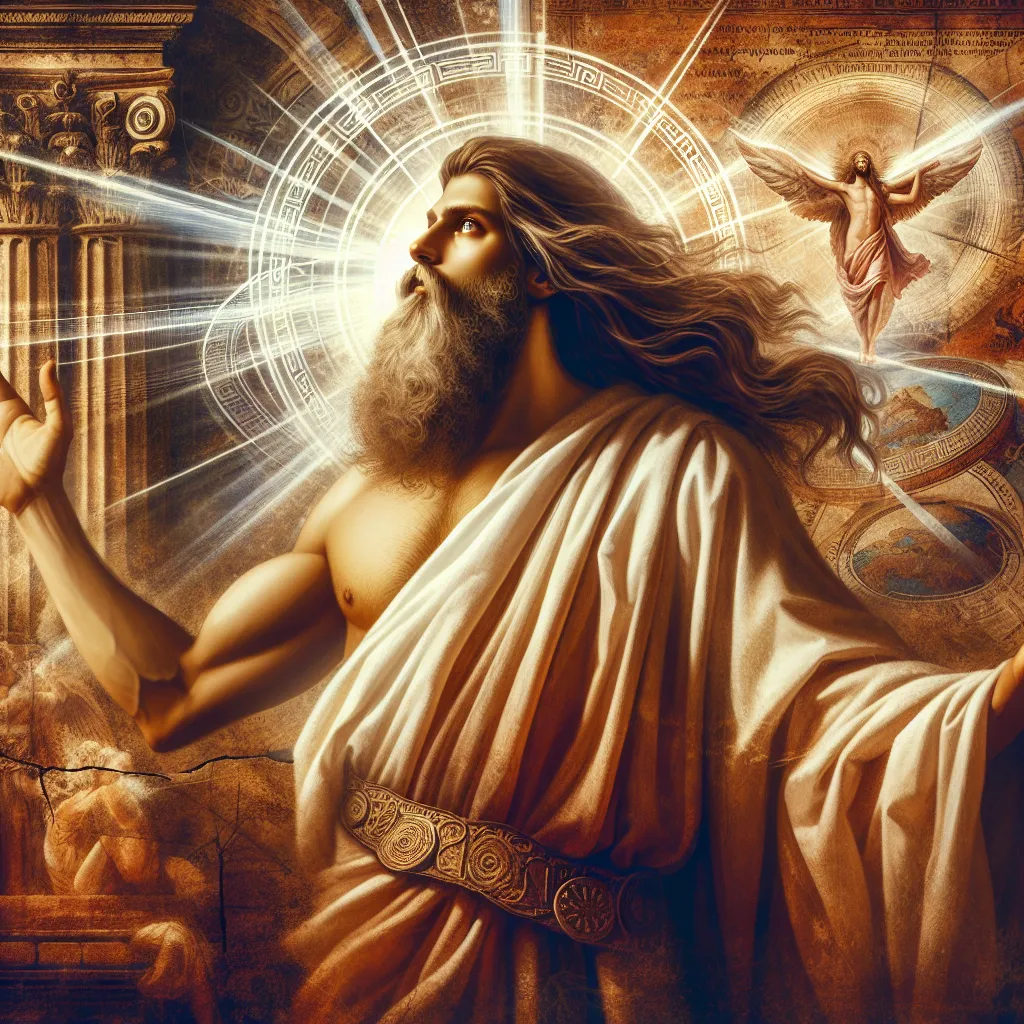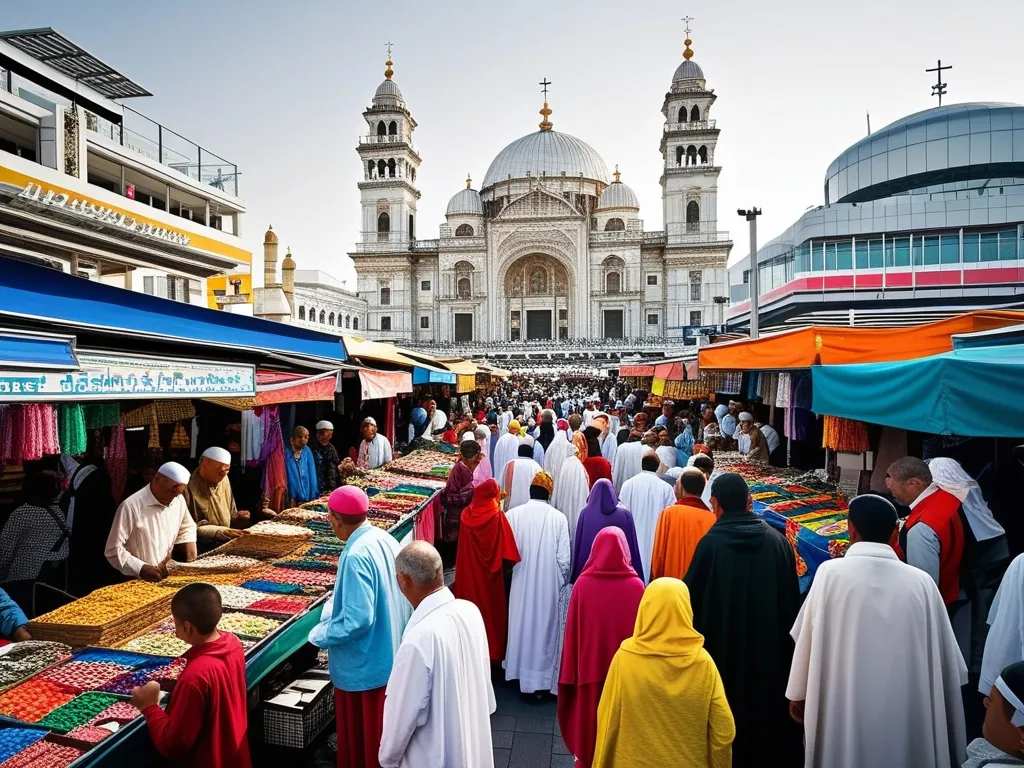Humor in religious traditions is one of those subjects often left to the margins—either seen as light relief or, worse, as irreverence. Yet, it is anything but marginal. Humor weaves through sacred stories, rituals, and teachings, shaping the spiritual landscape in unexpected ways. In fact, the closer I look at spirituality worldwide, the more clearly I see that laughter, irony, and even playful mockery can serve profound and practical functions. I want to walk you through five distinct ways humor shapes religious life—not just as entertainment, but as a transformative force. Let’s dive in and see how laughter becomes a vehicle for wisdom, community, critique, humility, and memory.
I often see humor used to break old patterns of thinking. Consider the Zen tradition’s koans—those odd riddles or questions that seem to defy logic. “What is the sound of one hand clapping?” is perhaps the most famous. At first glance, it’s nonsensical. But the whole idea is to push students past intellectual habits, pushing them toward direct experience rather than intellectual debate. These playful riddles are serious tools for spiritual growth. Similarly, Jewish folklore loves to upend conventions through tales of clever fools and wise idiots—stories where wisdom is hidden under the guise of absurdity. Why do cultures embrace the role of the fool in such sacred contexts? Maybe because fools—and their jokes—are among the few who can question authority safely. “The fool doth think he is wise, but the wise man knows himself to be a fool,” William Shakespeare once quipped. Do you ever wonder what happens in your own life when you stop taking every rule at face value?
Humor next acts as social glue, tying communities together through shared laughter. No tradition does this quite like Sufi Islam, with its beloved trickster, Nasreddin Hodja. His stories, endlessly retold and adapted, allow communities to laugh at human folly without malice. Elsewhere, medieval Christianity staged festivals like Carnival or the Feast of Fools—rituals where hierarchies got upended, and even choir boys could be mock bishops for a day. To outsiders, these might seem disrespectful, but their very subversiveness affirmed everyone’s place in the community. There’s a liberating sense of “we’re all in this together” that comes from communal joking. Can you recall a moment when shared laughter helped you feel connected, even in a serious setting?
Block quote:
“As soap is to the body, so laughter is to the soul.” — Jewish proverb
Satire and comic critique have always thrived within religious traditions—sometimes as a sneaky way to call out hypocrisy. Medieval mystery plays in Europe featured comic scenes to address contradictions or excesses among both clergy and laity. These performances made it possible to point a finger at corruption or moral failure, sometimes more effectively than any direct accusation. Hindu comic tales feature witty characters who use humor to question caste or social boundaries, poking fun at the very systems that enforce conformity. In many cultures, making the powerful the butt of the joke isn’t just allowed, it’s expected. Why do you think satire endures across centuries, especially in spiritual settings? Maybe because it lets communities address difficult truths with a little less shame and a little more honesty.
Block quote:
“Satire is a sort of glass, wherein beholders do generally discover everybody’s face but their own.” — Jonathan Swift
Self-deprecating humor is another pillar, keeping religious leaders and practitioners humble. Take the Buddhist tradition: Monks will jokingly admit their own failures or tell tales of spiritual seekers falling short. The laughter here isn’t about humiliation—it’s a gentle nudge to remind everyone that perfection isn’t the goal. Hasidic stories from the Jewish world often find revered rabbis laughing at their own mistakes, modeling for their communities a realistic attitude toward spiritual striving. There’s real wisdom in laughing at one’s own shortcomings instead of being defeated by them. How often do you encounter religious leaders willing to laugh at themselves? What does that change in how you perceive them?
Block quote:
“To laugh at yourself is to love yourself.” — Mickey Rooney
Memory is the final frontier where humor shows its subtle influence. Laughter holds lessons in place, embedding them in memory far more securely than stern instruction. Taoist parables take complicated concepts about balance and selflessness, folding them into stories so funny and clear that you can recall their meaning years later. Native American trickster stories, featuring spiders, crows, and coyotes, provide not just amusement but survival strategies, cultural values, and spiritual teachings. What is it about a well-timed joke that makes a lesson impossible to forget? “A day without laughter is a day wasted,” Charlie Chaplin once said. Which stories do you remember because they made you laugh, not just think?
The real magic of religious humor is that it refuses to draw a line between the sacred and the silly. For many religious figures—Jesus included—wit was simply part of the message. “You strain out a gnat but swallow a camel,” he quipped, poking fun at those obsessed with trivial rules. Why don’t more traditions embrace laughter openly as a holy act? The answer may be rooted in centuries of solemnity, but in every tradition I’ve explored, the seeds of humor break through the surface. Perhaps we’re afraid that laughter will disrupt reverence. Yet, I find that laughter only deepens my sense of wonder for the mysteries at the heart of faith.
Block quote:
“Angels can fly because they take themselves lightly.” — G.K. Chesterton
Through satire, communal joking, and self-directed laughter, religious communities keep their wisdom fresh, their bonds strong, their criticisms honest, and their teachings alive long after the preacher’s voice has faded. The next time you hear laughter at a sacred gathering, ask yourself: What spiritual function might be at work? And if you’re facing a spiritual challenge, maybe you’ll discover—as many wise fools have—that a good laugh is not just a relief. It is itself an opening into mystery, insight, and connection.
So, do you find humor in your own faith tradition? If not, what would change if you did?






